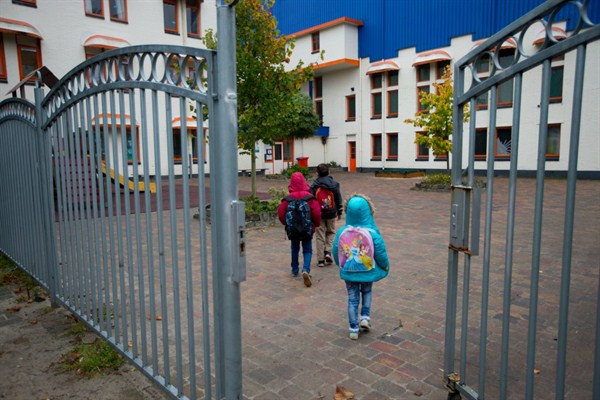Editor’s Note: This article is part of an ongoing series about education policy in various countries around the world.
In July, the highest Dutch court ruled that the government was required to fund an Islamic secondary school, only the second of its kind in the Netherlands. While several public and civil entities opposed the decision, the distinctive Dutch system of education, which allows a significant degree of freedom and autonomy, provided the legal basis for the court’s decision. In an email interview, Edith Hooge, a full professor in governance in education at TIAS, Tilburg University in the Netherlands, explains what makes Dutch education unique, why the court ruled in favor of the Islamic school, and how the education system is being called upon to be a bulwark of liberal values against rising social tensions.
WPR: What defines the Dutch education system, how is it unique, and how effective is it academically?

